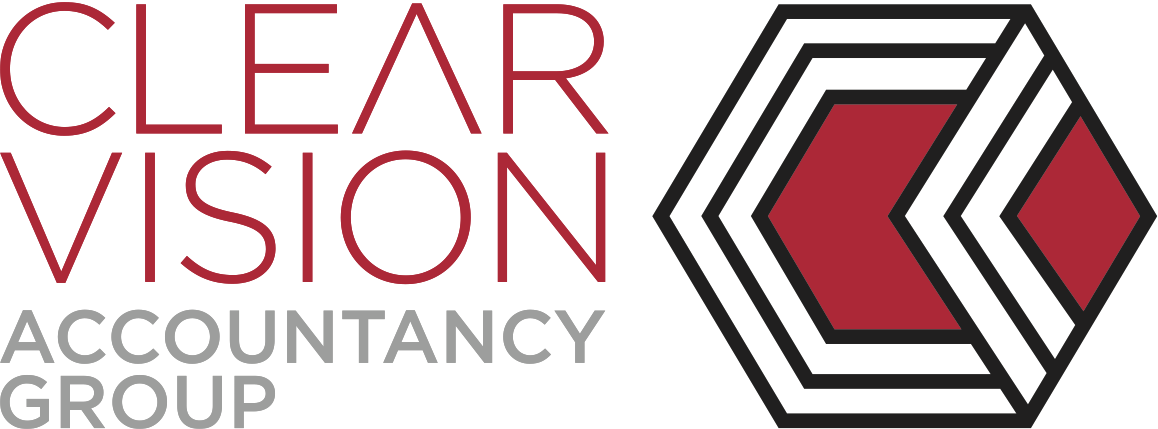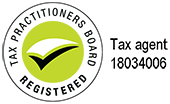Business Alert at 9:00am With CVA – The Power of Goal Setting
Do you spend more time planning your vacation than you do setting goals for your business?
It’s a pondering question and one we think most would answer YES.
Business owners fail to set goals because they get too busy; we all run out of hours in a day. In fact it’s rare to find a small business who holds goal setting sessions. Maybe once or twice a year you might sit down with someone and set a few goals but, do you commit to reviewing them, discuss them regularly, or even break your goals down and set deadlines? A concise plan with clear accountabilities & implementation targets will see you smashing you goals out of the park.
If you spend 1 hour planning your next holiday which is probably being conservative, why not spend an hour with us. We’ll help you set your business goals, calculate what needs to be done to achieve them, work with you to write a realistic plan and help you continue to stay on track long after you’ve left our office.
You’ll be surprised at how good you’ll feel.
The post Business Alert at 9:00am With CVA – The Power of Goal Setting appeared first on Clear Vision Accountancy Group.





